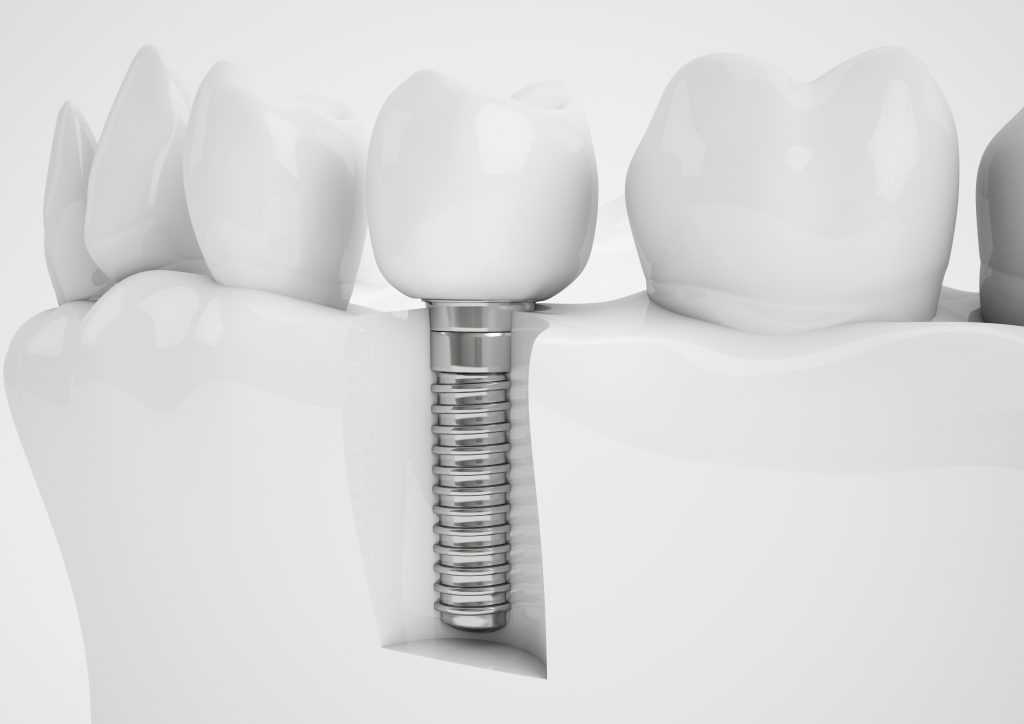 Dental implants are the only permanent way a dentist can replace lost teeth. They are also the only way to replace the tooth roots, which is important to keeping your new teeth securely in place as well as to preserving facial structure.
Dental implants are the only permanent way a dentist can replace lost teeth. They are also the only way to replace the tooth roots, which is important to keeping your new teeth securely in place as well as to preserving facial structure.
Losing density in the jaw bone is a common but lesser-known side-effect of tooth loss. Most people think about aesthetic and dietary issues when they think about tooth loss, but issues caused by a shrinking jaw bone also need to be addressed. Indeed, a lack of adequate bone density is a significant contributory factor to dietary issues caused by poorly-fitting dentures.
Chipping Norton Dental Implant Centre in Oxfordshire routinely uses dental implants as a permanent solution to tooth loss. Implants replace the roots of lost teeth, meaning that the jaw bone will continue to be stimulated by biting and chewing, helping to keep it both dense and strong.
When dentures become loose, eating a healthy and balanced diet can become challenging if not impossible. Denture-wearers often find they are forced into a severely restricted diet as their loose teeth make it difficult or even painful to bite and chew food. Not being able to obtain adequate nutrition poses some very serious health complications.
Choosing dental implants to replace your missing teeth will prevent all of these problems. Implant-retained teeth are so much like natural teeth that you need to take care of them in a similar way. Your new teeth can collect dental plaque just like your natural teeth can, and if gum disease played a role in your tooth loss you need to avoid this happening again.
A condition called peri-implantitis, which is similar to advanced gum disease, poses a real threat to the health and longevity of your dental implants, because it can destroy bone tissue around the implants. Fortunately, it is always preceded by a less serious condition, so if you notice red, swollen, or bleeding gums, you must contact your dentist immediately.
A crown or bridge attached to dental implants is meant to stay in your mouth permanently, so you should brush and floss them just like natural teeth. Dentures may still be removable, and should be taken out and cleaned carefully.

